President Joe Biden has raised concerns about the practice of “shrinkflation,” where companies reduce the size of their products but maintain the same price.
In a message shared on social media ahead of the Super Bowl, Biden criticized this practice as “a rip-off” and urged snack companies to cease these tactics.
The Problem of Shrinkflation
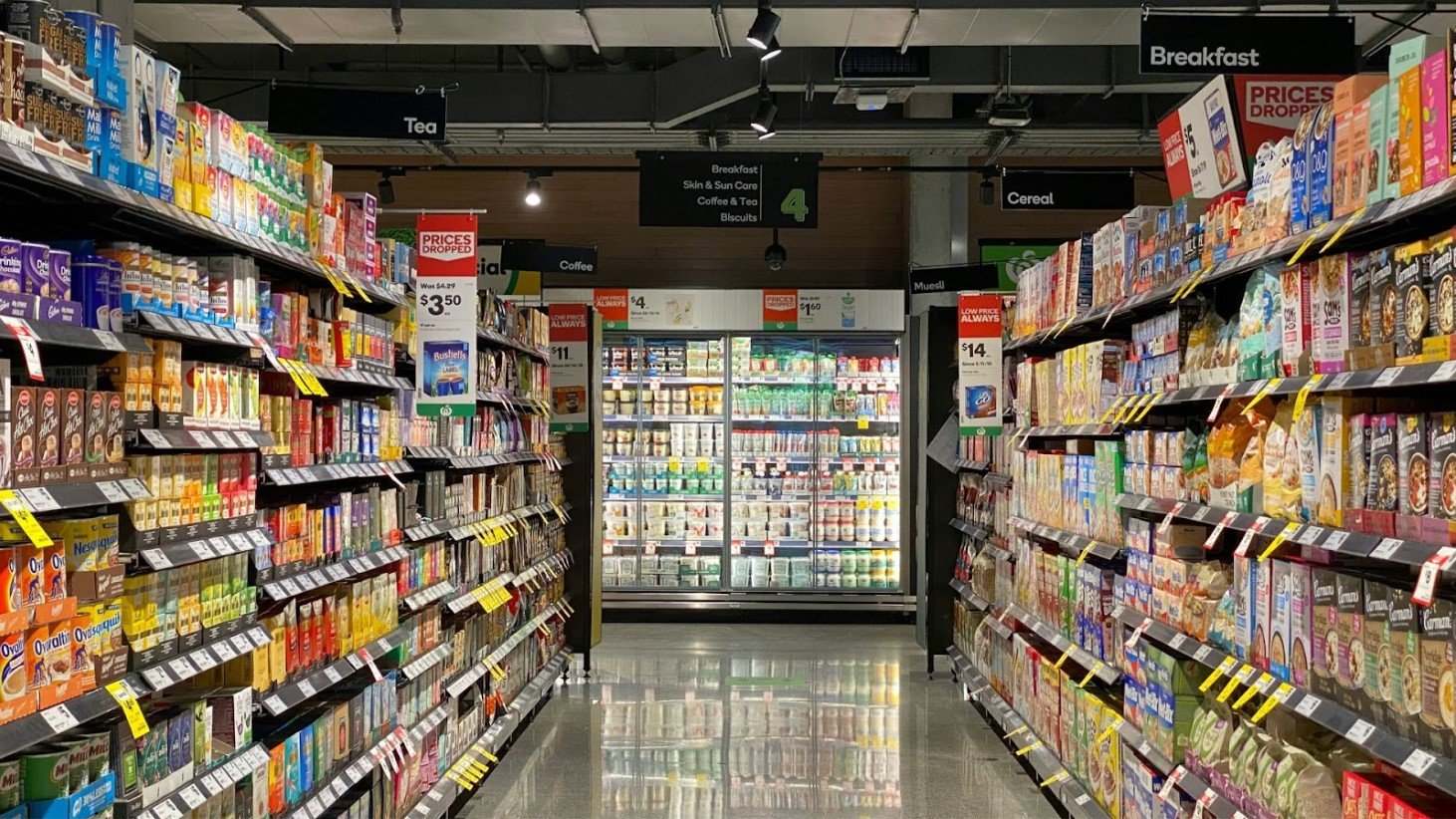
CNN explains that shrinkflation is identified as a widespread practice that impacts consumers by offering them less product without a reduction in price.
This cost-saving tactic is particularly prevalent during periods of inflationary pressure. Biden noted that, despite inflation reaching a three-year low, prices remain high, affecting Americans’ purchasing power.
The Call for Fairness in Product Sizing
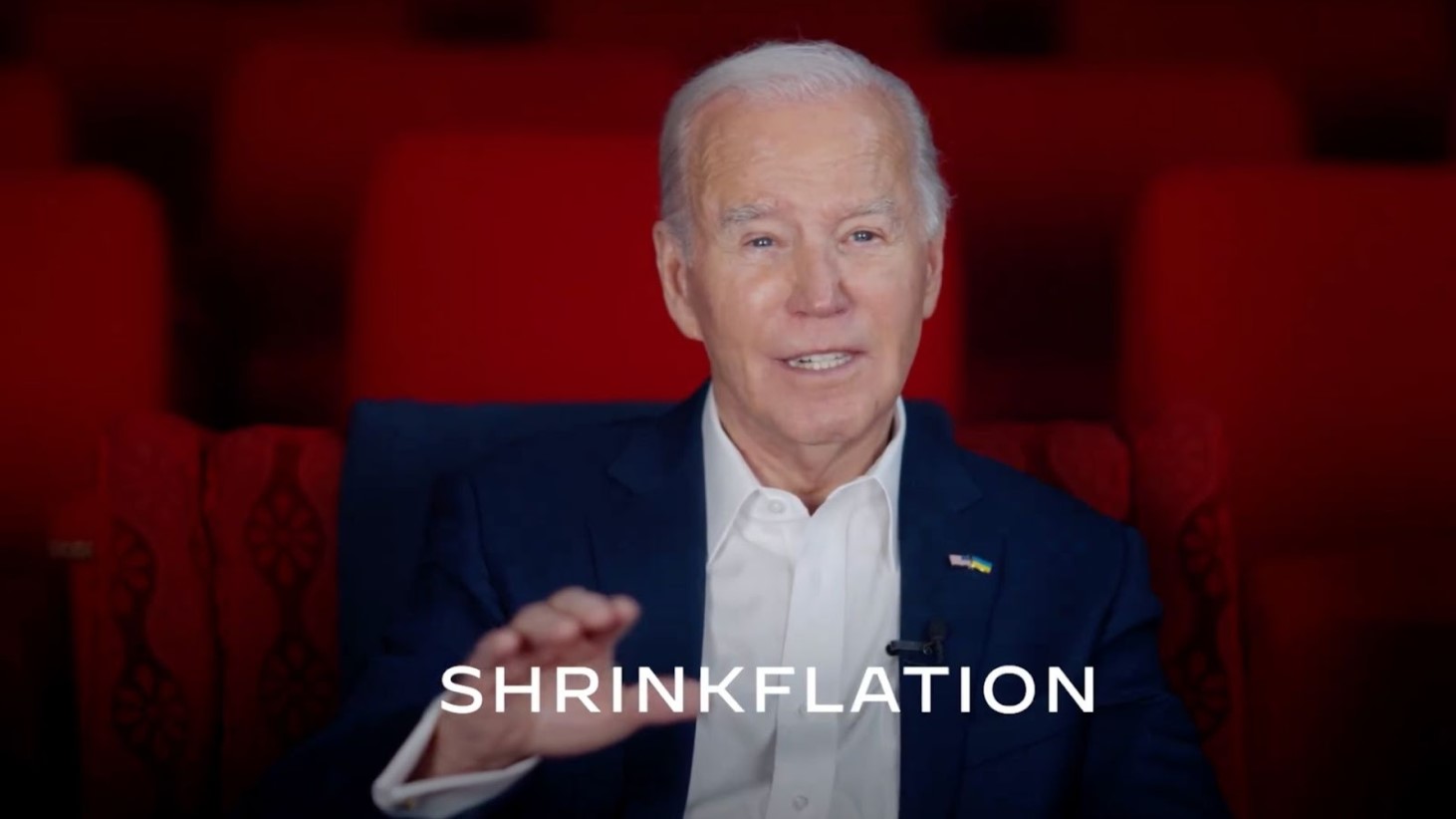
“Give me a break. The American public is tired of being played for suckers. I’m calling on companies to put a stop to this. Let’s make sure businesses do the right thing now,” Biden stated in the video.
His comments reflect a broader concern for transparency and fairness in business practices, particularly in the context of consumer goods.
Industry Response to Presidential Remarks
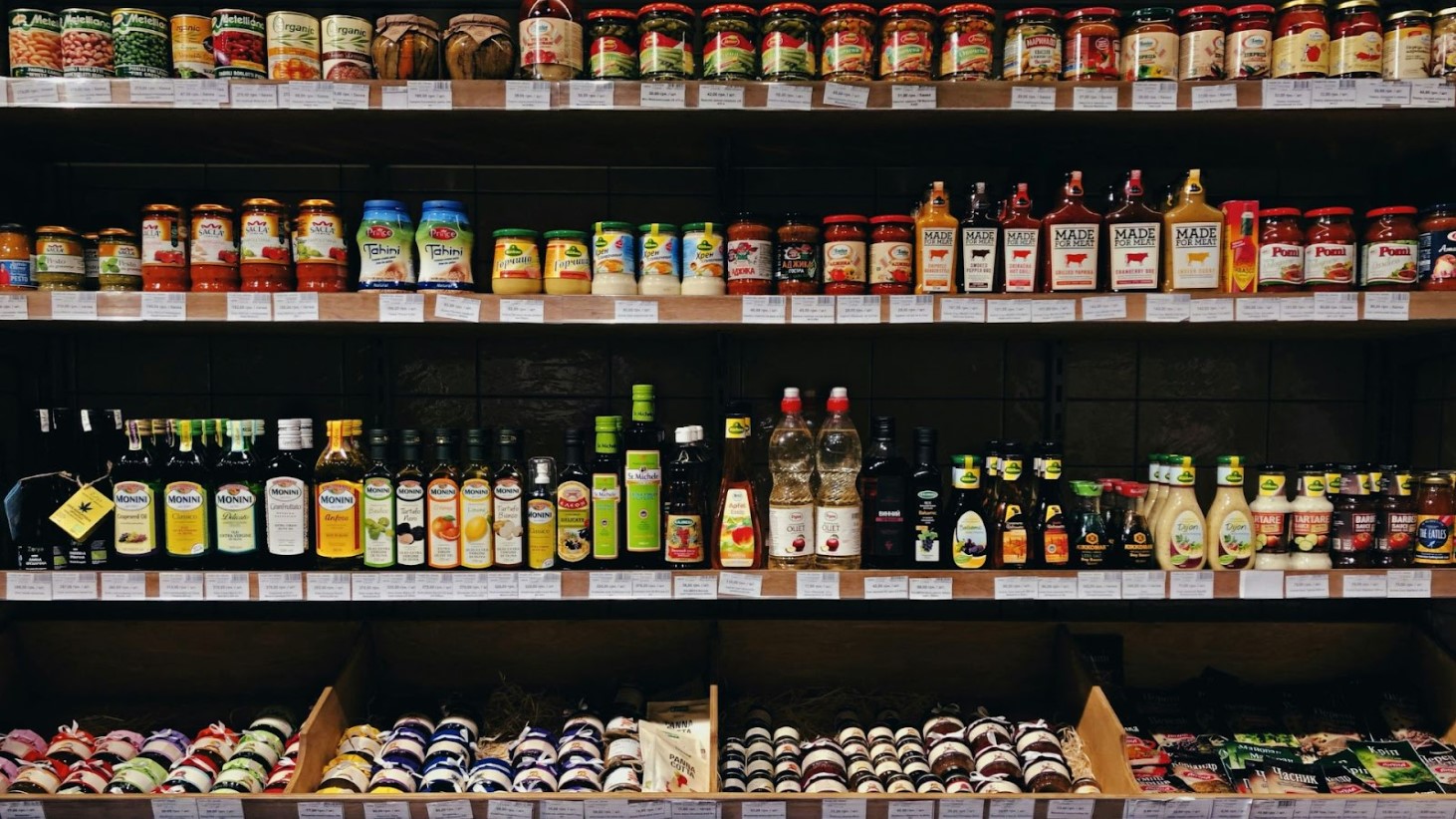
Following President Biden’s remarks, Reuters reports that David Chavern, president and CEO of the Consumer Brands Association, responded by acknowledging the need for solutions that benefit consumers.
However, Chavern also pointed out the importance of addressing inflation, suggesting that the focus should include a broader range of economic issues.
Senator Bob Casey’s Involvement and Findings
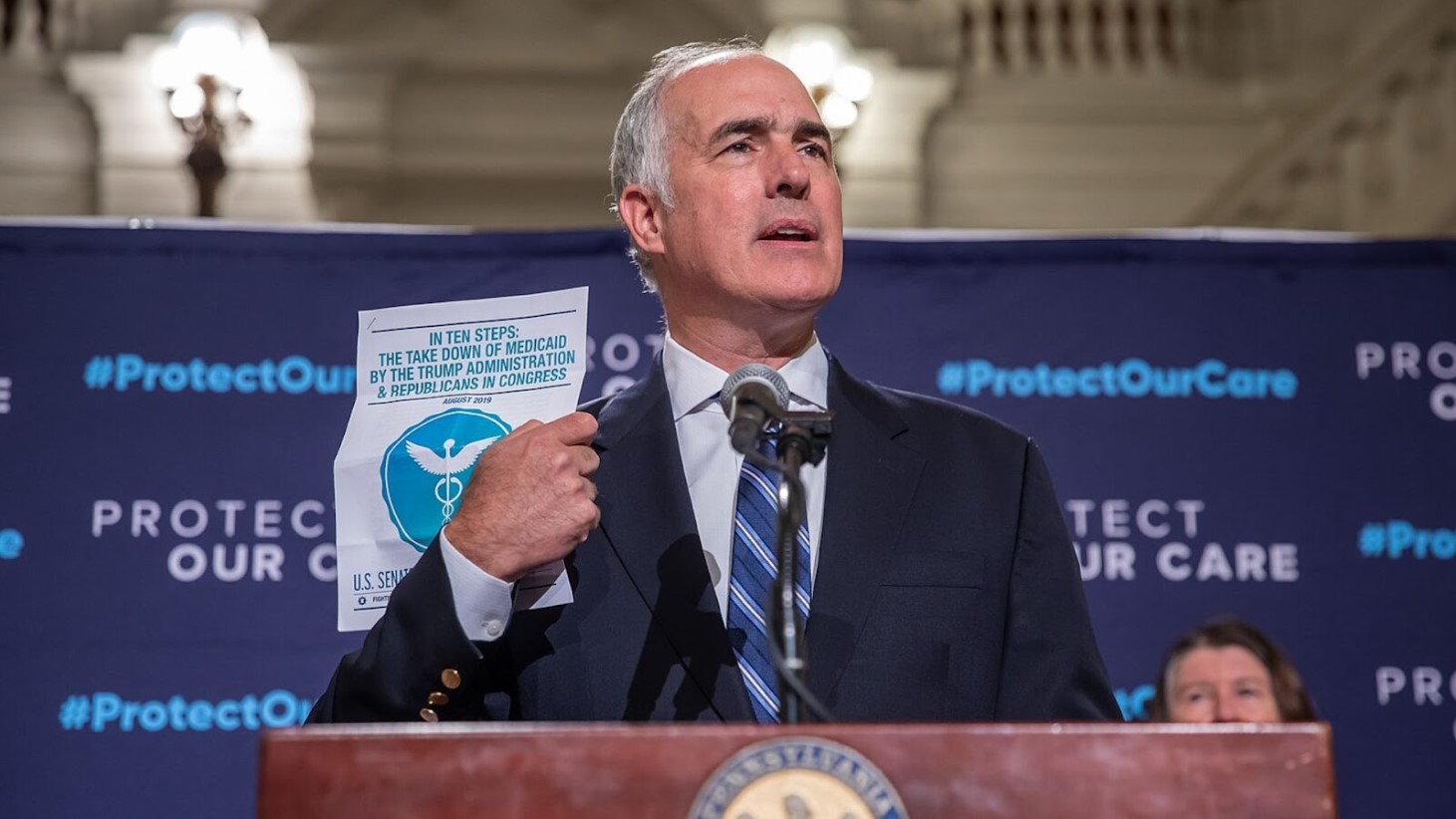
Senator Bob Casey has been actively involved in investigating the prevalence of shrinkflation and its impact on consumers, via CNN.
In December, he released a report showing significant effects of smaller product sizes across various goods, including toilet paper and Oreos. Casey’s efforts aim to understand the extent of these practices and to hold companies accountable for their actions towards consumers.
The Economic Impact of Shrinkflation
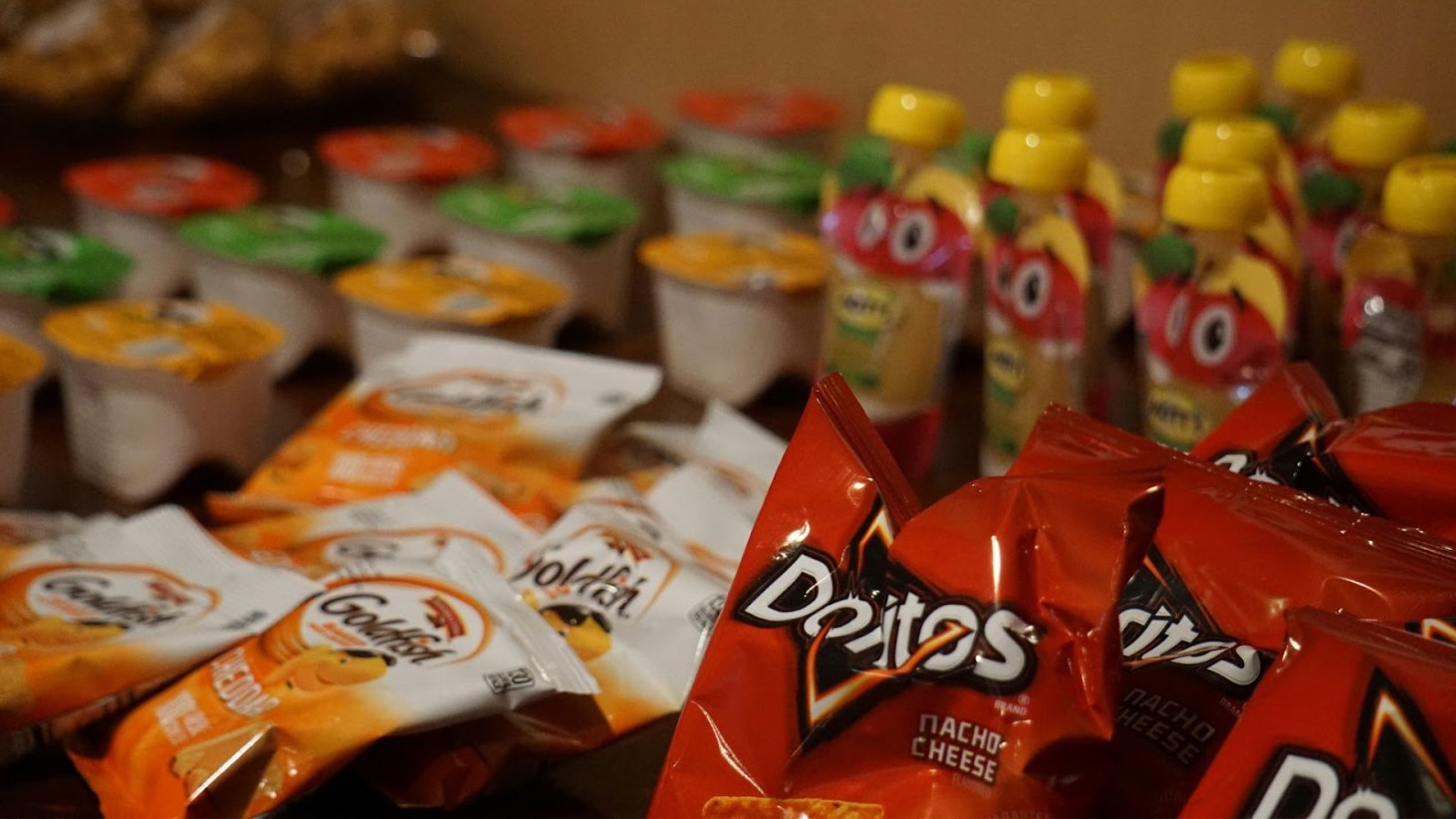
The report released by Senator Casey revealed that household paper products had become 34.9% more expensive per unit since January 2019, with around 10.3% of this increase attributable to reduced product sizes.
Similarly, snack prices rose by 26.4% in the same period, with a portion of the price increase due to shrinkflation, highlighting the economic burden on consumers.
Highlighting Affected Products
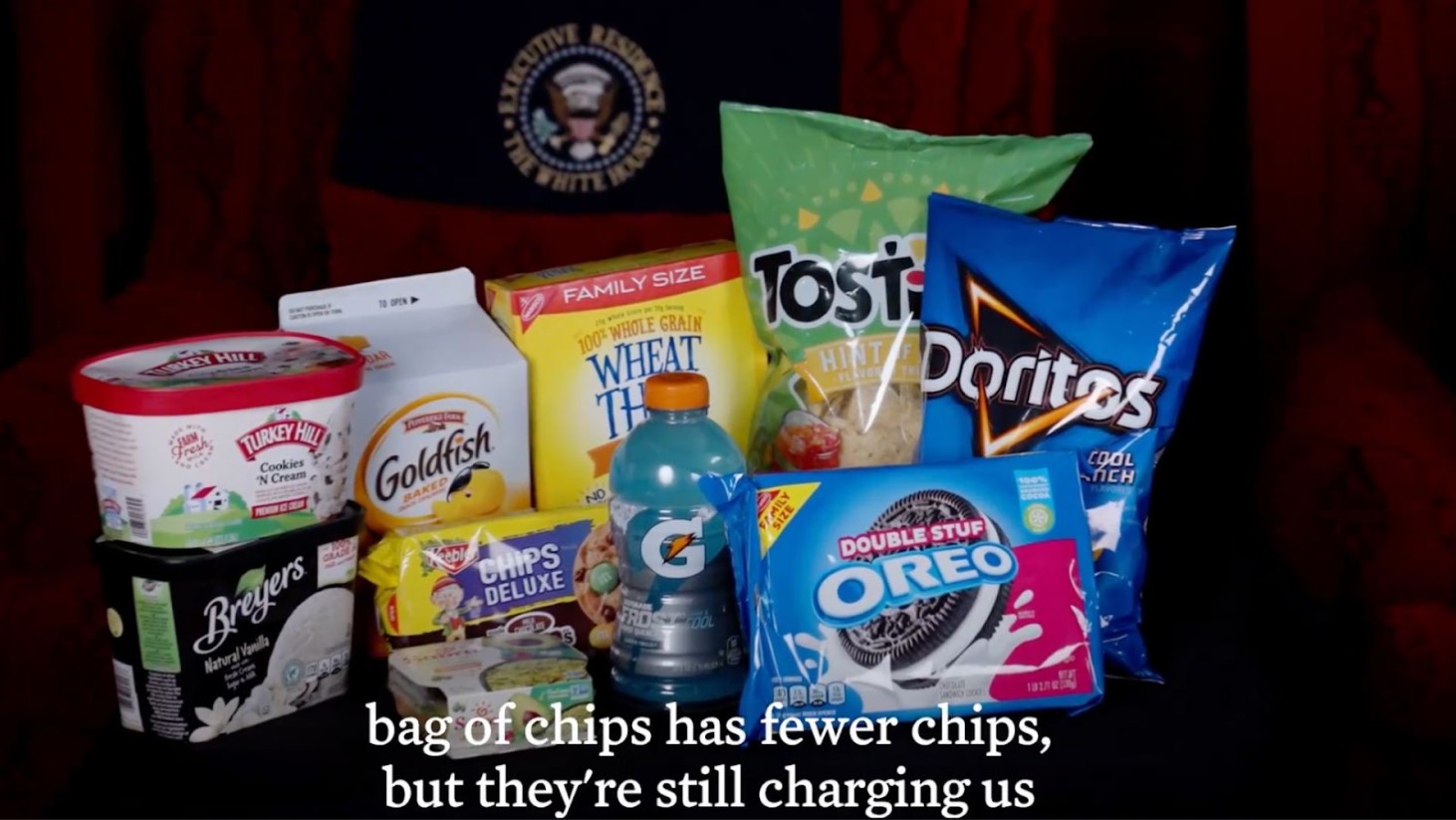
CNN points out that although Biden did not name specific companies responsible for shrinkflation, his video featured products like Doritos, Wheat Thins, and Gatorade.
These products were shown as examples of items that have been reduced in size, aligning with Senator Casey’s findings on shrinkflation.
Historical Context of Shrinkflation

CNBC highlights that shrinkflation is not a new phenomenon but has been a tactic used by companies for decades, particularly noticeable during periods of high inflation.
Consumer lawyer Edgar Dworsky, who has long criticized this practice, notes that it has been a strategy since the 1950s, demonstrating the long-standing nature of the issue and its resurgence during economic challenges.
Public Awareness and Reaction

CNBC explains that the issue of shrinkflation has gained attention on social media platforms, with videos highlighting the practice becoming popular on TikTok.
A 2022 Morning Consult poll found that 64% of adults are concerned about shrinkflation, indicating a growing awareness and concern among the public regarding getting less value for their money.
Strategies for Consumers to Combat Shrinkflation

Experts like Dworsky suggest that consumers stay vigilant about product sizes and consider switching brands if they notice a reduction in size without a corresponding decrease in price.
This proactive approach can help consumers make informed choices and potentially influence companies to reconsider their practices regarding product sizing.
Economic Sentiment and the 2024 Election
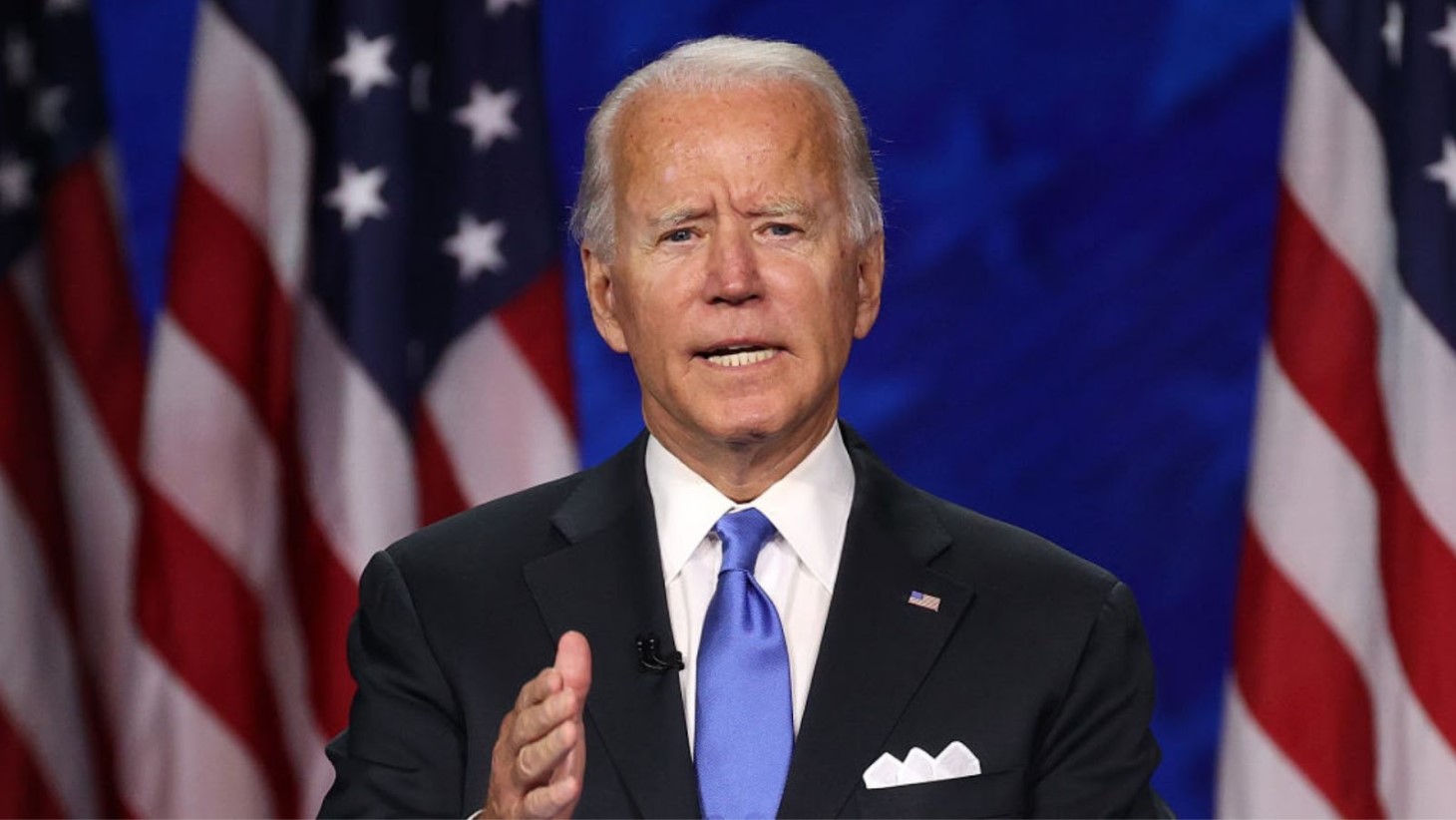
The public’s perception of the economy, influenced by policies implemented during Biden’s presidency, presents challenges as he prepares for the 2024 election.
A CNN poll indicates that 55% of Americans believe his policies have worsened economic conditions in the country, while only 26% see an improvement.
The Economic Downturn and Public Concerns
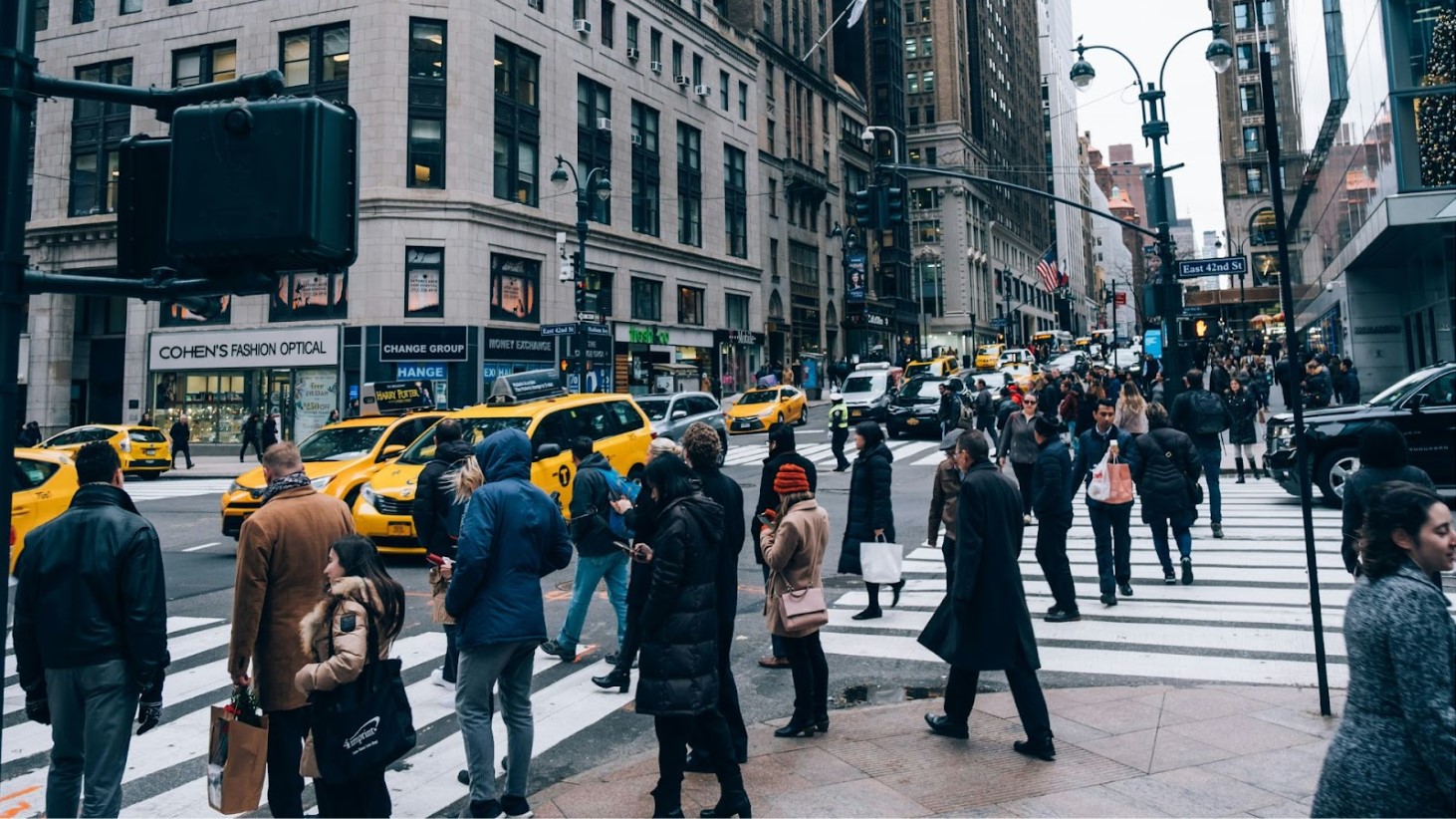
The same poll revealed that most Americans who believe the economy is still in a downturn cite inflation and the general cost of living as major concerns.
This indicates a widespread anxiety about financial well-being among the American population.
